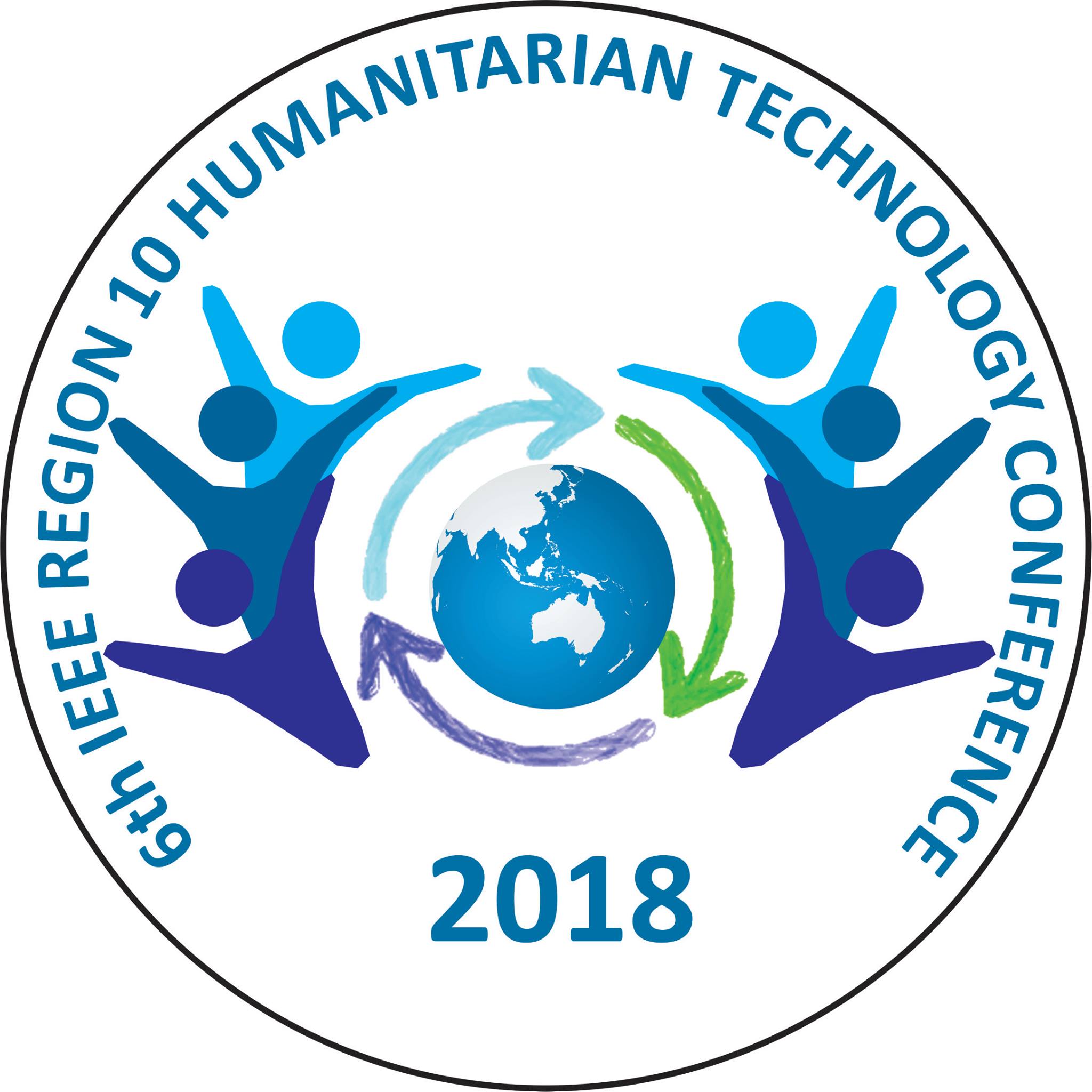This proposed special session is focused on integrated information systems related to forecasting and managing disasters, which have a direct and immediate impact on human lives and their wellbeing.
Many acts of God such as such as floods, droughts, hail, hurricanes, tornadoes, landslides, and tsunamis can be predicted today with reasonable accuracy and sufficient lead time. However, it is the lack of timely dissemination of such warnings to vulnerable communities and inaccessibility of data that are required to respond to an event hinders our ability to promptly respond to disaster. Multiple hazards often concur in one extreme event. For example, in addition to causing injuries, deaths, and material damage, a thunderstorm could also result in flooding and mudslides, which pollutes drinking water sources, cause overflow of toxic wastes, and increase propagation of mosquito-borne diseases. Moreover, there is a global trend of increase in the frequency and catastrophe of extreme events due reasons such as climate change. With the increasing frequency of events, less accurate forecasts, and blanket warnings vulnerable communities tend to ignore warnings. Therefore, contemporary information systems for disaster forecasting and management focus on integration of multiple and real-time data sources and systems not only to forecast the extent of a hazardous event, but also to precisely estimate what communities will be affected, to what extent, and when. Moreover, they automatically disseminate warnings only to the targeted communities and direct disaster response teams and humanitarian aid. Furthermore, they have evolved to be closed-loop systems, where the feedback from ground-based detection stations, observers/spotters, and disaster response teams are used to calibrate models on the fly, while further improving the accuracy and narrowing down the area of impact and its timeline. Such information systems rely on a seamless integration of diverse set of technologies such as remote sensing, IoT, mobile computing, geographic information systems, big data, machine learning, high performance computing, and cloud computing.
The objective of the proposed special session is to bring the spotlight on the achievements of researchers on all aspects of integrated information systems and infrastructure related to disaster forecasting and management.
Topics of interest includes but not limited to:
- Big Data Analytics
- Cloud, Mobile, Fog, and High-Performance Computing
- Closed-Loop Monitoring and Forecasting
- Communication Infrastructures and Protocols
- Crowd Sourcing, Coordination, Collaboration, and Decision Support
- Data Assimilation and Storage
- Geographic Information Systems
- Human Computer Interaction
- Modeling and Simulation Tools
- Remote Sensing, IoT, and Cyber-Physical Systems
- Software Architectures
Organizers:
| Dr. HMN Dilum Bandara Department of Computer Science and Engineering, University of Moratuwa, Sri Lanka. dilum.bandara@uom.lk |
Prof. Srikantha Herath United Nations University, Japan. srikantha.herath@gmail.com |


